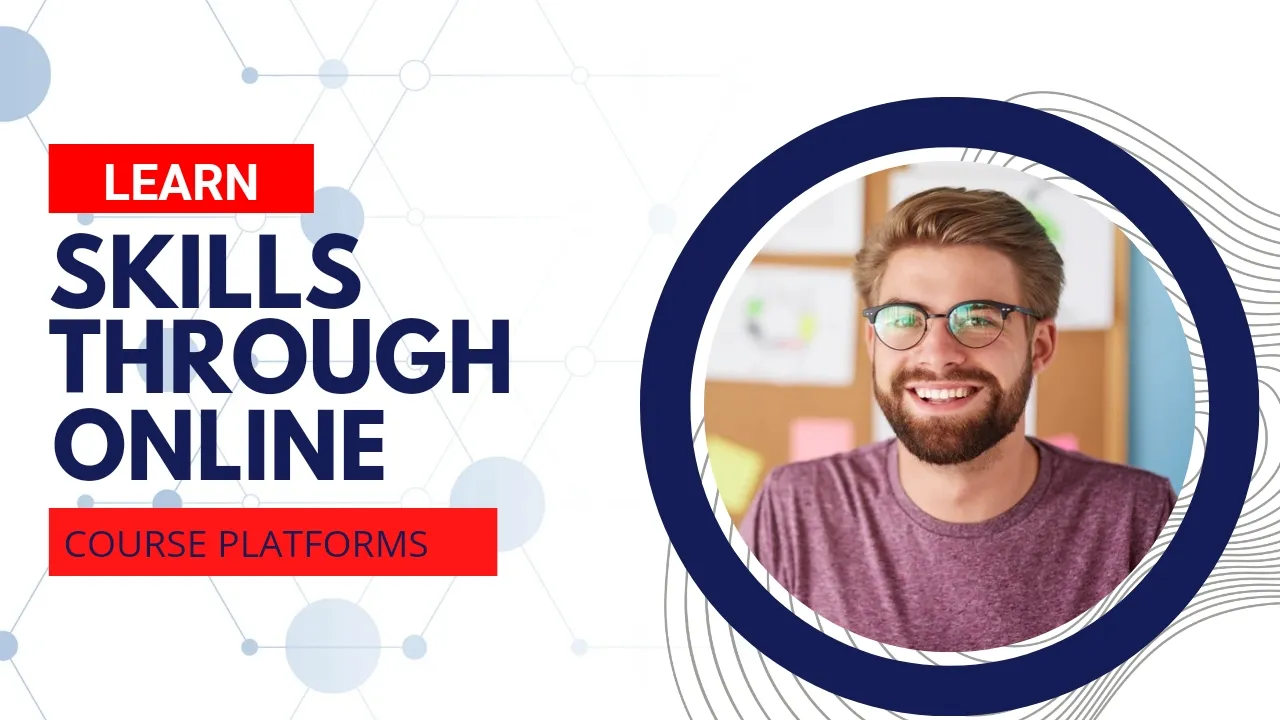Cambridge O Level curriculum serves as a globally recognized international qualification laying the foundation for higher education. In India too, the Computer O Level program is gaining prominence among secondary school students aspiring for international education and careers.
In this comprehensive guide you will know the all key aspects of the Computer O Level syllabus, exam pattern, resources and score interpretation to help students make informed decisions.
What is Cambridge O Levels?
Cambridge O Levels are international qualifications awarded to school students after passing exams in over 40 subjects. These academically-rigorous programs benchmark students aged 14-16 years old for higher studies.
Subjects range across languages like English, Hindi, Foreign languages; humanities like History, Geography; sciences like Physics, Chemistry, Biology; mathematics; commercial skills like Accounting, Commerce; and technical subjects like Computer Science, Information Technology.
Cambridge Assessment International Education developed these qualifications to provide international learning and assessment standards. The programs are structured to develop skills and learning recognized by top universities worldwide.
Today over 10,000 schools globally offer Cambridge O Level curricula and conduct exams aligned to Cambridge-prescribed curriculum and assessment patterns.
Why Opt for Cambridge O Levels?
Cambridge O Levels carry significant value for Indian students seeking global mobility and competitiveness:
- International benchmark – The curriculum is designed to develop academic knowledge and transferable skills benchmarked to international standards recognized by universities worldwide. This expands opportunities for higher overseas education and employment.
- Global opportunities – By providing qualification mapped to global standards, Cambridge O Levels enhance prospects for Indian students to gain admission into foreign universities for higher studies and get employed with multinational organizations.
- Strong foundation – Cambridge O Level programs serve as stepping stone to progress to specialized Cambridge IGCSE and Cambridge International AS & A Level courses. O Level performance is considered for AS/A Level admissions.
- Scholarship eligibility – Outstanding achievement in Cambridge O Level examinations makes students eligible for lucrative scholarships at international universities in countries like Singapore, UK, New Zealand and Australia.
- 21st century skills – The programs focus on building transferable life skills like digital literacy, problem-solving, communication, teamwork, research and analytical thinking which are critical for excelling in future academics and workplace.
By providing internationally recognized qualifications benchmarked to global standards, O Levels prepare Indian students for tapping into overseas opportunities for higher education and employment through sharper academic knowledge and life skills.
Cambridge Computer O Level
Among Cambridge O Level subjects, Computer O Level aims to build students’ understanding of core computing and programming concepts, practical skills and applications that are essential for succeeding in the modern digital world. The key focus areas of the curriculum are:
- Computing fundamentals – Computer architecture, data representation, data communication, network security
- Program design – Computational thinking, problem solving techniques, designing algorithms, using flowcharts and pseudocode
- Programming – Core programming concepts, data structures, working with databases, coding skills and best practices
- IT theoretical knowledge – Understanding functions of operating systems, utility software, office productivity tools
- IT application skills – Gaining proficiency in using presentation, multimedia, web technologies and databases
The Computer O Level curriculum assumes no prior computing knowledge, making it suitable for students opting it as an additional subject. Through practical lab exercises using programming languages like Visual Basic or Python and project work, students also gain significant hands-on computing skills valued by universities worldwide.
Detailed Computer O Level Syllabus and Exam Pattern
The Cambridge O Level Computer syllabus comprises two compulsory papers:
Paper 1: Theory (50% weightage)
This paper evaluates theoretical knowledge through structured, short answer and essay type questions covering:
- Number systems and representations used for text, images, sound in computers
- Computer architecture, input-output devices and secondary storage options
- Functions and types of operating systems, utility software
- Types of networks like LAN, WAN; network topologies, components
- Network security threats like malware, phishing, hacking; prevention measures like firewalls, antivirus software
- Program design concepts including flowcharts, pseudocode, error checking, testing
- Database principles including ER models, normalization to avoid data inconsistencies
- Computer ethics issues like privacy, piracy, hacking, health; laws addressing unethical use
Paper 2: Practical (50% weightage)
This paper assesses practical application skills through questions related to:
- Core programming concepts like data types, arrays, strings, sequential code, iteration
- Developing algorithms, applying programming logic using languages like Visual Basic or Python
- Designing and creating user interfaces, data validation and reports for programs
- Relational databases using SQL – creating tables, queries, manipulation
- Creating presentations using tools like PowerPoint, animations and themes
- Website development using web design applications, adding multimedia
- Audio, video and image editing tools for developing multimedia content
The detailed syllabus and specimen papers are available on the Cambridge website to help students understand the topics coverage and difficulty level in both theory and practical papers. Each paper is graded out of 100 marks.
Smart Preparation Tips and Resources for Computer O Level
Cambridge Assessment offers comprehensive curriculum resources to guide O Level students and teachers for effective exam preparation:
- Syllabus – Provides overview of focus areas, learning objectives and assessment parameters
- Scheme of work – Suggested teaching activities and timelines to complete syllabus
- Specimen papers – Solved sample practice papers illustrating exam format, question types and difficulty level
- Learner guide – Handbook explaining key concepts and topics in learner-friendly language
- Teacher support – Resources like training manuals, lesson plans, presentation slides for classroom delivery
Alongside these resources, students should work on:
- Solving past year papers across multiple variants to understand the type and difficulty of questions asked.
- Undertaking extensive programming practice through lab assignments to apply theoretical concepts.
- Memorize key computing facts, terminologies, concepts to answer theory questions accurately.
- Apply learning to real-life class projects across tools like databases, presentations.
- Referr to the latest advancements in technology while answering open-ended questions.
With a meticulous exam-oriented preparation spanning 1-2 years focused on strengthening theoretical knowledge, programming skills and practical abilities, students can aim for the highest grades in Cambridge Computer O Level.
Interpreting Cambridge O Level Results and Grades
Post exam, student performance in each subject is benchmarked using globally recognized grades ranging from A* to E. This grade scale helps interpret score standards:
- A – Outstanding knowledge and skills demonstrating excellent grasp of the entire syllabus
- A – Very good knowledge and skills covering almost the entire syllabus
- B – Good knowledge and skills across major portions of the syllabus
- C – Basic knowledge and skills meeting syllabus requirements adequately
- D – Limited knowledge and skills meeting the minimum criteria
- E – Narrowly missed minimum level expected, indicating serious gaps
Based on candidate response analysis by academic experts, the threshold marks required for each grade are determined and may vary across exam sessions. The highest grade A* holds substantial value for university admissions, demonstrating advanced expertise in the subject.
Cambridge O Levels – The Gateway for Higher Education
Beside providing a strong foundation in computing concepts, programming and IT skills, the Computer O Level equips students for specialized senior secondary learning pathways. After O Levels, students can progress to International A Levels, International Baccalaureate Diploma or national upper secondary qualifications before applying for higher education.
Top universities worldwide recognize Cambridge O Level qualifications including subject mastery demonstrated through high achievement for undergraduate admissions.
Students can apply for programs across IT, computer science, engineering, analytics, business administration, architecture and other domains based on O Level subject selection and performance.
By delivering globally benchmarked knowledge, skills and learning outcomes, Cambridge International General Certificate of Secondary Education (IGCSE) O Level programs prepare Indian students for excelling in future academic endeavors and 21st century careers.
Conclusion
Cambridge O Levels are excellent international qualifications that provide Indian students a strong base for higher studies while preparing them for success in globally interconnected world.
The Computer O Level program in particular enables students to gain computing and programming skills vital for university studies and technology-driven careers ahead.
Frequently Asked Questions
What is the eligibility to take Cambridge O Levels?
Students in Classes 9 to 12 from Indian or international curriculum schools can opt for O Level subjects aligned with higher study plans.
Which programming language is preferred for Paper 2 practical exam?
Students have option to code in popular languages like Visual Basic, Python or JAVA which are widely taught in schools.














Leave a Comment